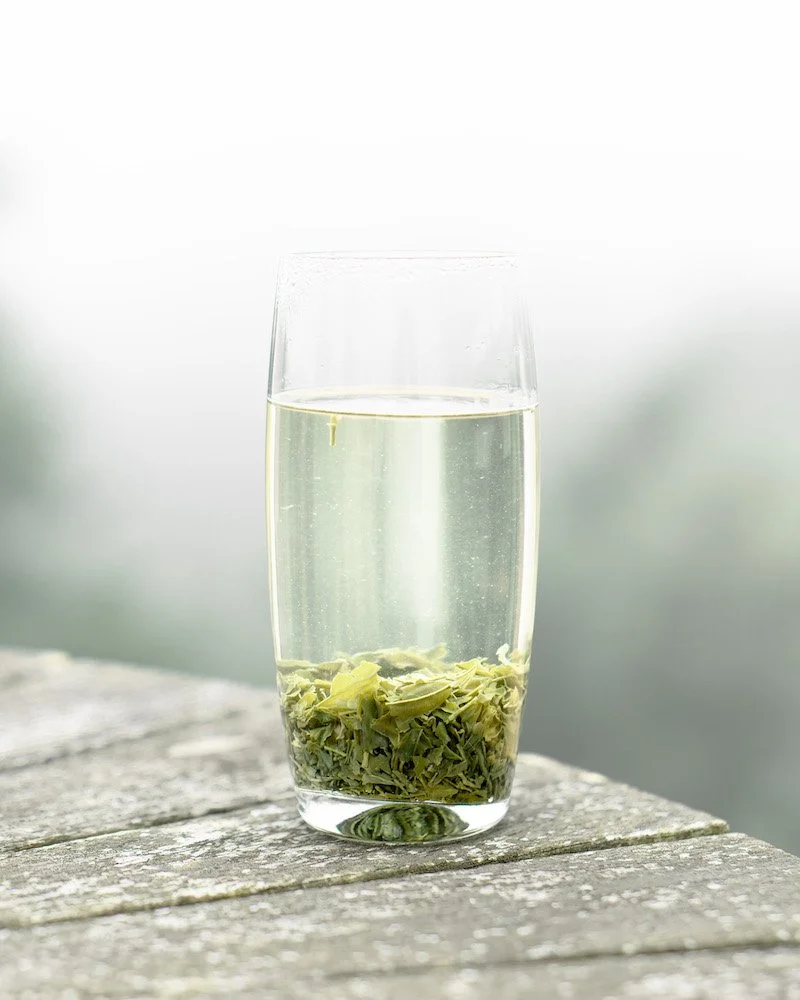Best Tea For Cold Brew
Cold brewing has become a popular method for tea enthusiasts looking to enjoy their favorite leaves in a new and refreshing way. Unlike traditional hot brewing, cold brewing involves steeping tea leaves in cold water for an extended period. This method not only extracts a different flavor profile but also often results in a smoother, less astringent taste, making it a perfect choice for the warmer months or for those seeking a gentler caffeine kick. In this article, we'll explore some of the best teas for cold brewing, touching on a variety of types to suit every palate.
Green Teas
Sencha: Known for its delicate balance of sweetness and astringency, Sencha is a popular Japanese green tea that cold brews beautifully. When cold brewed, Sencha offers a refreshing, clean taste with a slightly sweet undertone and a vibrant green color. It's an excellent choice for those new to cold brewing, showcasing how cold water can highlight the nuanced flavors of high-quality green tea.
Jasmine Green Tea: The fragrant aroma of jasmine combined with the light, refreshing taste of green tea makes Jasmine Green Tea a favorite for cold brewing. The cold water draws out the floral notes, leading to a sweet, aromatic tea that's both refreshing and calming. It's a great option for a mid-afternoon pick-me-up or an evening relaxant.
White Teas
Silver Needle (Baihao Yinzhen): This premium white tea, known for its delicate flavors and aromatic subtlety, is an excellent candidate for cold brewing. Silver Needle consists of only the young tea buds, offering a mild, sweet flavor with hints of melon and a smooth finish. Cold brewing preserves its gentle nuances, making it a luxurious treat for the senses.
Wulong (Oolong) Teas
Tieguanyin: This partially fermented tea strikes a beautiful balance between the freshness of green tea and the richness of black tea. When cold brewed, Tieguanyin unveils a complex floral bouquet with a creamy texture and a sweet, lingering aftertaste. It's perfect for those who enjoy a tea with depth and character.
Black Teas
Darjeeling: Often referred to as the "Champagne of Teas," Darjeeling has a unique muscatel flavor and a delicate aroma. Cold brewing a first or second flush Darjeeling tea can enhance its fruity, floral notes, making it a refreshing choice that's both sophisticated and enjoyable.
Assam: For those who prefer a stronger, maltier flavor, Assam tea cold brews into a robust, rich beverage. It retains its boldness but with a smoother edge and less bitterness than when hot brewed. It's an excellent base for making cold brew tea lattes or adding a splash of milk.
Herbal Teas
Peppermint: Not technically a tea (as it doesn't come from the Camellia sinensis plant), peppermint is a popular choice for cold brewing due to its refreshing, cooling properties. A cold-brewed peppermint tea is invigorating and can aid digestion, making it a perfect after-meal drink.
Hibiscus: Known for its vibrant red color and tart, cranberry-like flavor, hibiscus cold brews into a refreshing, tangy beverage. It's rich in Vitamin C and can be enjoyed sweetened or unsweetened, often served with a slice of lemon to enhance its natural zest.
Brewing Tips
Ratio: A general guideline is to use about 1-2 teaspoons of tea per 240 ml of water, adjusting to taste.
Time: Cold brewing takes longer than hot brewing, typically requiring 4-12 hours. Experiment to find your perfect strength.
Water: Use filtered water if possible, as it can affect the taste of the tea.
Whether you're a seasoned tea aficionado or new to the world of cold brew, these teas offer a starting point for experimentation and enjoyment. Each type brings its unique flavors and benefits to the cold brewing process, providing a refreshing beverage option for any time of day.

